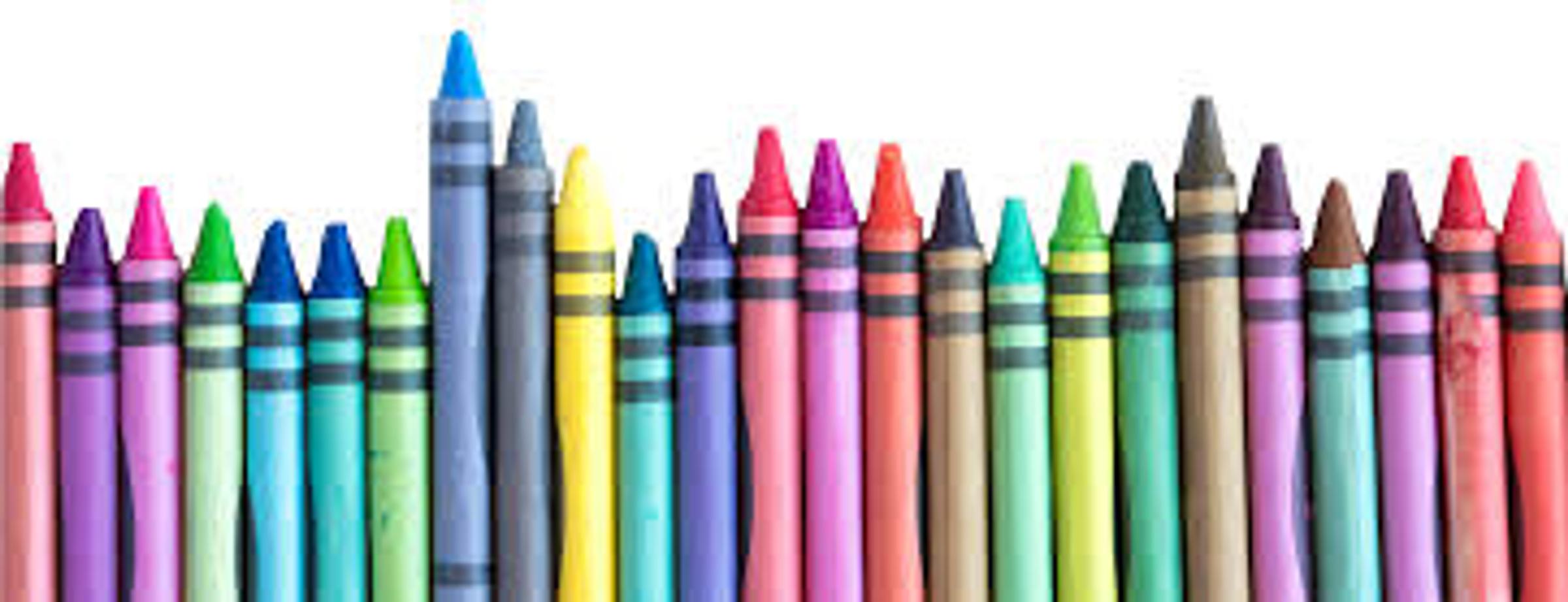Classroom News Foundation

Hello Foundation Families,
One week down in Term 2 and we are back into our school routines. The Foundation students have returned from the holiday break refreshed and ready to tackle many new things in their learning. Here is some information about what we are currently learning about in Foundation:
Integrated Studies: From Little Things, Big Things Grow
We have introduced a Biological Science unit of work, where students learn about living things. We learn about living things through our mentor texts that we read as a class and through hands on experiences. They explore and discover what is living in a garden, in terms of different plants and minibeasts. Children love bugs and are so engaged when learning about them. To begin with, we are learning about different parts of plants, how they grow and what they need to survive. This unit is enriched with our school Patch program. With Clare Pattison’s expertise, students explore and experience growing plants in our Patch gardens. In addition, students will be challenged to construct different types of plants and minibeasts, using different craft materials and their STEAM skills. STEAM stands for Science, Technology, Engineering, Art and Maths.
Reading
Some fabulous mentor texts have been selected for each week to engage our students when learning about living things. They are a joy to read to the students and contain rich vocabulary and content, as well as beautiful and detailed illustrations to promote deep thinking amongst our students. In each Reading session, students are challenged with comprehension activities about our mentor texts to deepen their understanding. Now they are beginning to show their thinking of their own books they read through a technique called sticky note thinking. Students are taught symbols to represent different types of comprehension. They place sticky notes in parts of a book with these symbols and supporting pictures or words to track their thinking while reading. All students are participating in Guided Reading sessions, where they focus on their individual reading goals.
Writing
Our Foundation students are little writers! They have developed excellent routines with the Writing Process. Students are selecting their own inspirations to write about. Thank you for supporting their writing by helping them collect photos, experience mementos and objects for their inspiration bags. Things may be added any time of the year. Students have learnt to brainstorm their ideas first using symbols to organise their ideas. This sets them up to think of focused sentences to write next that may include some interesting vocabulary.
Maths
We have introduced early concepts of measurement in Foundation that focuses on length, mass and capacity. These are such rich, hands on units of work where students get to explore measuring with informal objects such as blocks, tiles and counters. This is a very important stage in learning to understand first before tackling digital scales, tape measures and formal units of measurement. Already, students have shown engagement in this topic, so when opportunities present themselves at home, quick measurement challenges can be given to consolidate their learning. Example challenges can be: Can you measure the length of the table using your hands? Can you measure the full cups of flour when making pancakes? Can you see which is heavier by hefting in your hands, the banana or the orange?
Fundamental Motor Skills Program.
Thank you to all of the parents volunteering to run this fundamental motor skills program with our students. We wouldn’t be able to do this without you. This program has a huge list of benefits that does transfer to other areas of learning. Improving gross motor skills and fine motor skills helps with accuracy, concentration, confidence, problem solving skills, body awareness and utilizing the brain in different ways. We are excited to begin this program with the Foundation students this week.
Respectful Relationships
The curriculum does include content that involves personal and social capabiliites. At school, students learn about themselves as a learner and as a friend. They learn about positive ways to socialise inside the classroom and outside in social settings. This includes social language to promote friendships, as well as dealing with conflict.
A lot of information this week to give you an overview of the term!
Please remember we can always make ourselves available to discuss your child’s learning further.
Kind Regards,
Lou, Zoya and Terena
